With Walk East ...
[640],shadow=true,start=,stop=Bonus film - ZhuHai walking tour, GuangDong 广东珠海 ...
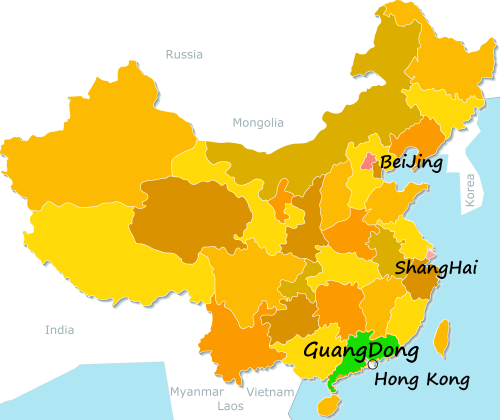
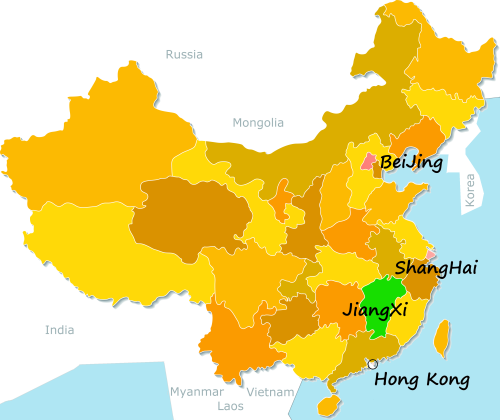
Live more ...
 Night walk in one of China’s most beautiful mountain villages – HuangLing’s Hui-style houses, WuYuan, JiangXi 江西婺源
Night walk in one of China’s most beautiful mountain villages – HuangLing’s Hui-style houses, WuYuan, JiangXi 江西婺源With Walk East ...
[640],shadow=true,start=,stop=Bonus film - ZhuHai walking tour, GuangDong 广东珠海 ...


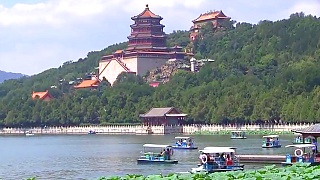
|
|

|
With Machine Eye ...
With Wave Media ...
|
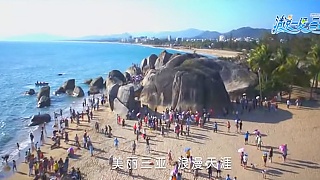
|
The most southerly part of China, HaiNan is warm all year with a more or less tropical climate.
|

|
With DianXi XiaoGe ...
|

|
With JetLag Warriors ...
|
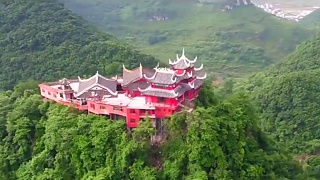
|

|
Walk For You takes a ride from ChongQing to ChengDu ...
|